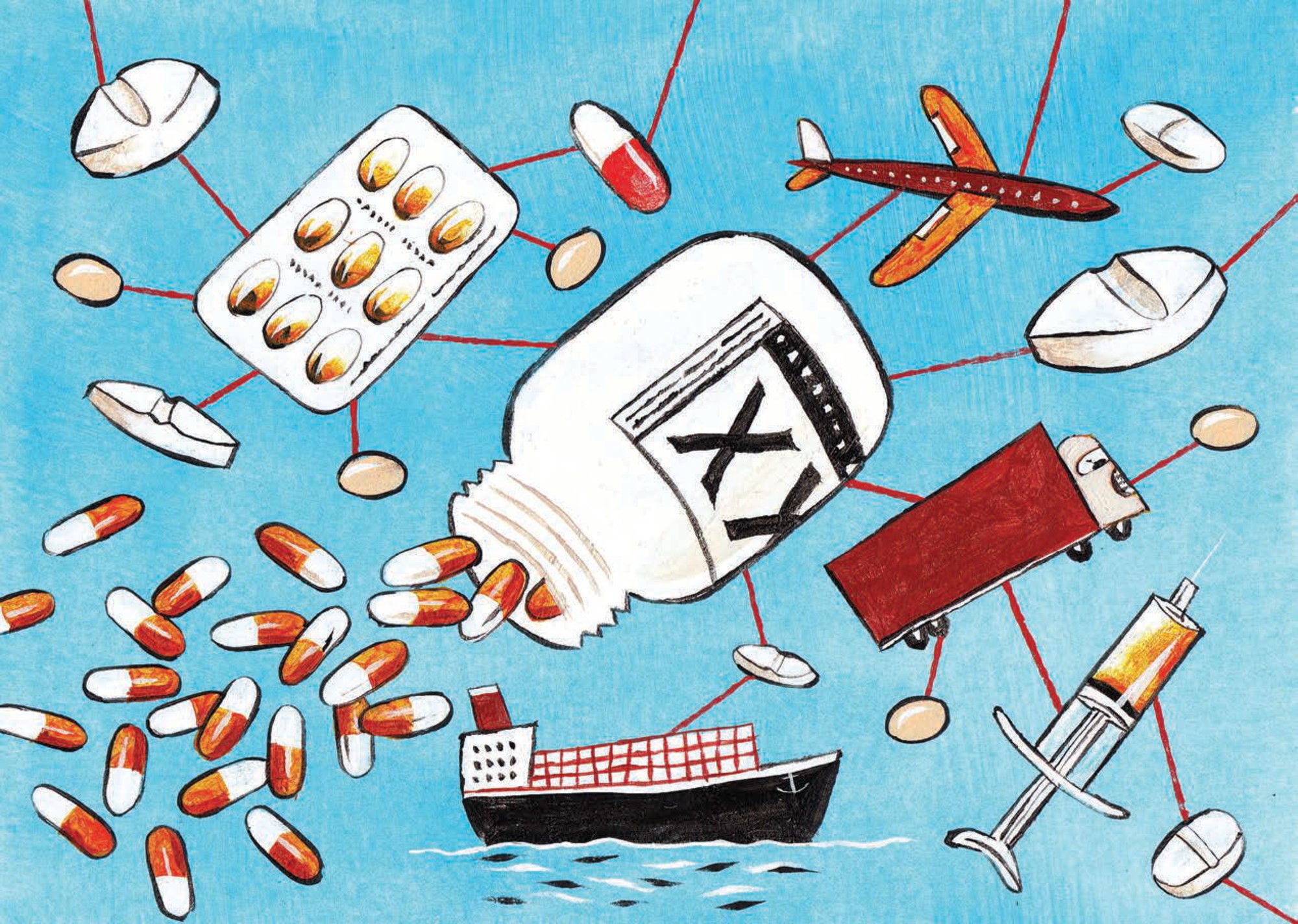Globalisation, trade facilitation, and the rising economic importance of intellectual property are all drivers of economic growth. However, they have also created new opportunities for criminal networks to expand the scope and scale of their operations, free-riding on intellectual property and polluting trade routes with counterfeit goods. The consequences for the economy and for citizens are serious. Trade in counterfeit goods not only damages economic growth but also undermines good governance, the rule of law and citizens’ trust in government, and can ultimately threaten political stability. In addition, in some cases, such as that of fake pharmaceuticals, counterfeit goods can have serious health and safety implications for citizens.
We are confident that this new evidence will make a major contribution to the understanding of the volume, magnitude and harmful societal effects of illicit trade in counterfeit medicines. We are confident that the results about both the economic harm caused by this threat and its damaging impact on health will urge policy makers to shape effective solutions to combat and deter this scourge.

Christian Archambeau,
Executive Director,
EUIPO

Janos Bertok,
Acting Director,
OECD Public Governance Directorate
